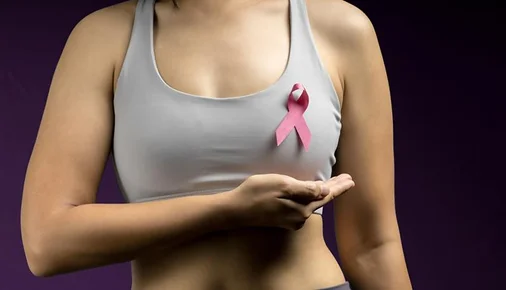The Rise of Cancer in Young Adults—What to Know
If you’re a young adult, cancer may feel like something that happens to “other people”—but the reality is changing. In 2025, more young people ages 15 to 39 are hearing the words “you have cancer” than ever before. This year alone, about 85,480 adolescents and young adults (AYAs) in the U.S. will be diagnosed, making up over 4% of all new cancer cases.
The numbers are rising slowly but steadily, especially for cancers like breast, thyroid, testicular, melanoma, and colorectal cancer. For young women, the risk is particularly striking: rates of breast and uterine cancers are climbing, and women under 50 now have a significantly higher cancer incidence than men their age. Researchers believe several factors are at play—lifestyle changes, rising obesity, and even environmental exposures. Changes in screening and better awareness may also mean more cancers are being caught earlier.
The good news is that survival rates for young adults are high—about 86% live at least five years after diagnosis. Death rates are falling, thanks to earlier detection and better treatments. But the emotional impact is real and lasting. A cancer diagnosis in your 20s or 30s can upend plans for school, work, relationships, and family. It’s normal to feel isolated, scared, or angry.
If you or someone you love is facing cancer as a young adult, know that you’re not alone. Support groups, patient advocates, and specialized care teams are there to help you navigate this journey. And as researchers work to understand why these cancers are rising, they’re also focused on finding better ways to prevent, detect, and treat them—so that every young person has a fighting chance at a healthy future


